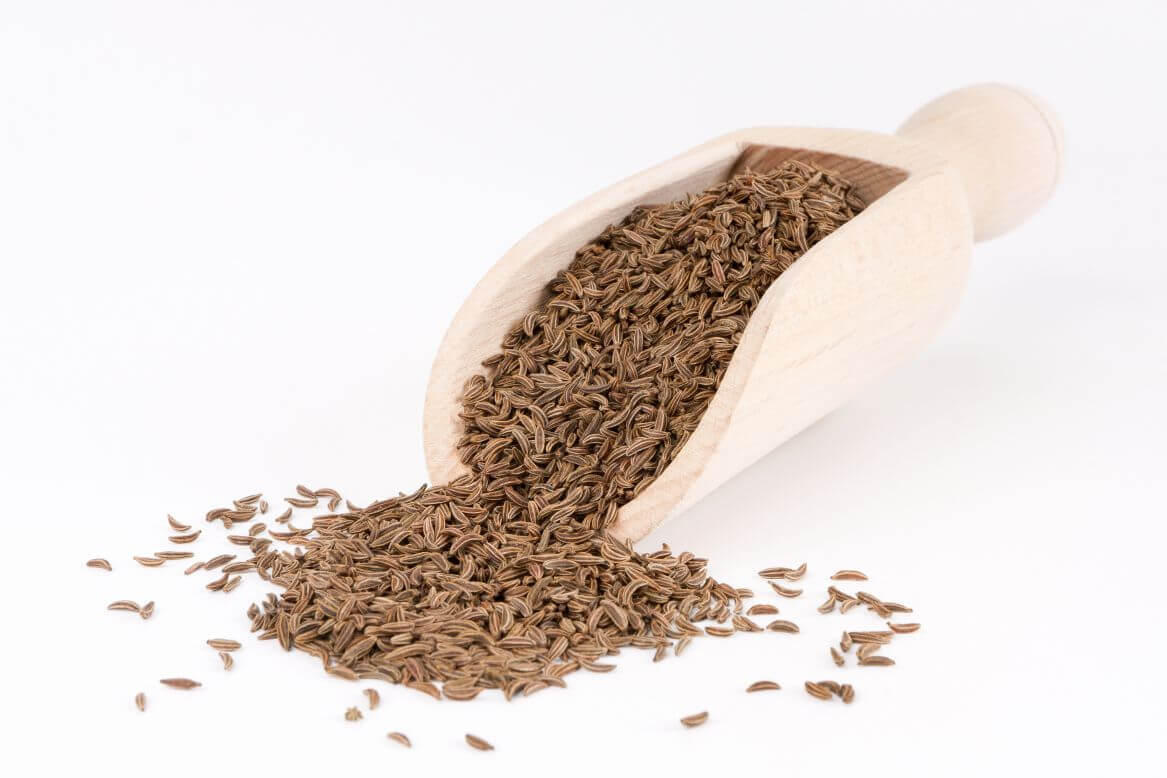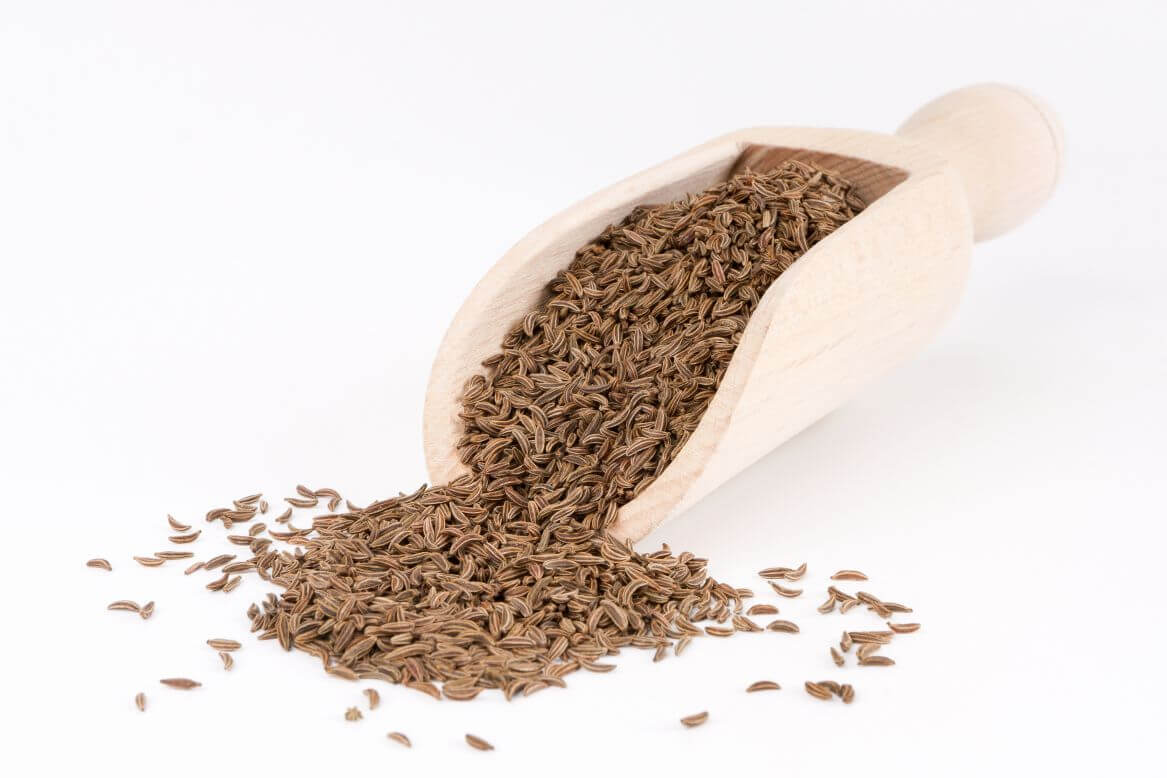Cumin
Cumin
Couldn't load pickup availability
Cumin (Cuminum cyminum) is a spice with a rich history that spans cultures and continents. Derived from the dried seeds of the Cumin plant, it has been used for culinary, medicinal, and even ceremonial purposes for thousands of years. Here are some key aspects of cumin:
Culinary Versatility: Cumin seeds are an essential spice in many global cuisines, particularly in Indian, Middle Eastern, and Mexican dishes. They have a warm, earthy, and slightly nutty flavor with a hint of citrus. Ground cumin or whole seeds are commonly used in spice blends like curry powder and garam masala, as well as in various soups, stews, and rice dishes. It is also a prominent ingredient in chili powder, enhancing the flavors of Tex-Mex and Mexican cuisine.
Aromatic Power: Cumin’s distinct aroma and flavor are due to its essential oils, such as cuminaldehyde. This aromatic quality makes it a sought-after spice in the kitchen and an important component in spice mixtures.
Digestive Aid: Cumin is renowned for its digestive benefits. It is often used to alleviate digestive discomfort, bloating, and gas. It is believed to stimulate the secretion of digestive enzymes and enhance the absorption of nutrients.
Medicinal Uses: In traditional herbal medicine, it has been used to treat a variety of ailments, including respiratory conditions, insomnia, and even as an aphrodisiac. While these uses may not be scientifically validated, they reflect the historical significance of cumin as a medicinal herb.
Antioxidant Properties: Cumin contains antioxidants, such as flavonoids and polyphenols, which may contribute to its potential health benefits. These compounds can help protect cells from damage caused by free radicals.
Culinary Staples: In Indian cuisine, cumin seeds are often one of the first ingredients added to hot oil or ghee to release their flavor before other spices are incorporated. Similarly, in Mexican cooking, toasted cumin seeds are a fundamental component of many recipes, infusing a deep and smoky flavor.
Ancient Roots: Cumin’s use dates back to ancient Egypt, where it was employed not only as a spice but also for its medicinal properties and in the embalming process. It was a valuable trading commodity along the Silk Road and played a crucial role in the spice trade.
In conclusion, cumin is a versatile and aromatic spice with a storied history in both culinary and medicinal traditions. Its unique flavor and potential health benefits make it a cherished and essential ingredient in kitchens worldwide, connecting diverse cultures through the love of good food and spices.
Share


